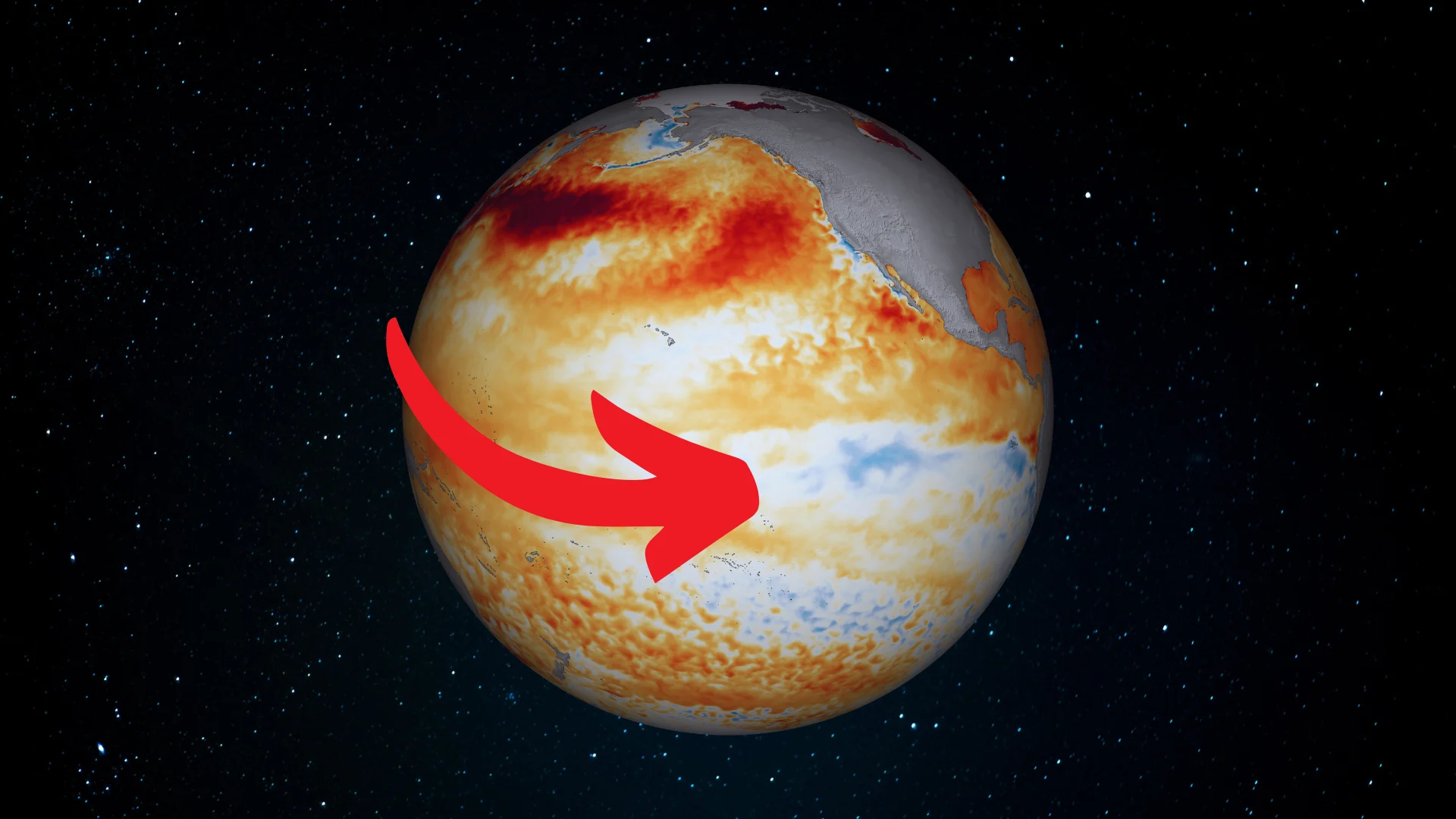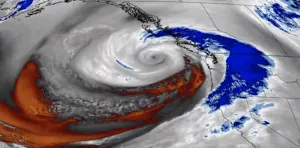
Conditions favourable for La Niña to develop through this winter
A developing La Niña could affect Canada’s weather in the months ahead
All indications point toward a weak La Niña developing across the Pacific Ocean in the months ahead, forecasters announced in their latest update this week.
La Niña occurs when water temperatures in the eastern Pacific Ocean around the equator come in at least 0.5°C colder than normal for about seven consecutive months.
These temperature anomalies are enough to trigger a ripple effect in the atmosphere that affects weather patterns from Australia to Canada.
Check out The Weather Network’s hub page for all the latest on El Niño, La Niña, and what it means for your seasons ahead!
“La Niña is favored to emerge in September-November (71% chance) and is expected to persist through January-March 2025,” the U.S. Climate Prediction Center (CPC) said in its monthly outlook issued on September 12. The agency added that the event is likely to be a weak La Niña, one that has a less pronounced effect on global weather patterns.
La Niña affects hurricanes, winter weather
The greatest impact La Niña can have on our weather during the late summer and fall months involves hurricane season over in the Atlantic Ocean.
Colder waters in the Pacific turn down the wind shear that flows east over the Atlantic, removing a key obstacle that can stifle a budding hurricane before it has a chance to develop.

DON’T MISS: What happens when El Niño and La Niña disappear?
While this hurricane season has been unexpectedly slow—with one glaring exception—we have more than half the season left to trudge through, and it only takes one storm breaking through to pose a grave danger to folks living along the coast.
What about La Niña’s potential effects on conditions this winter?
“Winter is going to attempt to salvage its reputation,” The Weather Network’s Dr. Doug Gillham said this week on what to expect from this upcoming winter.
Western Canada could see a true winter this year, Gillham said, while it’s uncertain how much the season’s classic cold and snow will fight to assert dominance over the eastern half of the country.










